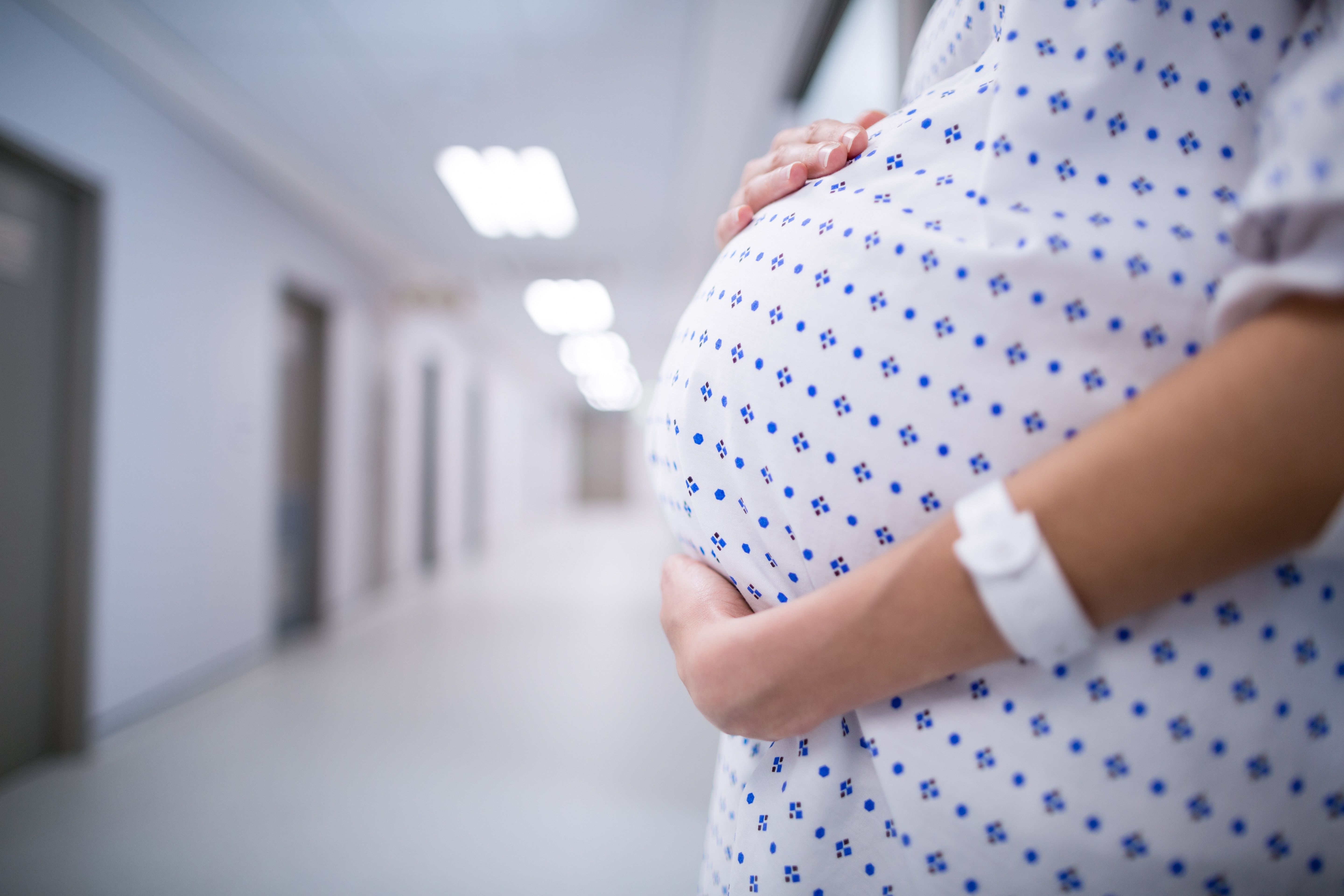Blog
Intimate partner violence linked to shorter interpregnancy interval

Intimate partner violence linked to shorter interpregnancy interval | Image Credit: © WavebreakMediaMicro – © WavebreakMediaMicro – stock.adobe.com.

The odds of having a shorter interpregnancy interval (IVI) are increased among women who have experienced intimate partner violence (IPV), according to a recent study presented at the 2025 American College of Obstetrics & Gynecology Annual Clinical & Scientific Meeting in Minneapolis, Minnesota, from May 16 to May 18, 2025.
Data about IPV
The retrospective cohort study was conducted to determine the impact of IPV on women’s IPI, alongside contributing factors. Data was obtained from records of initial obstetric visits at an urban community-based hospital between July 2020 and February 2023. Exclusion criteria included being primigravid and using artificial reproductive technology.
Study groups included patients with recorded IPV and those with no IPV recorded. Short IPI, defined as a period of under 18 months between delivery and conception, was reported as the primary outcome. Additional outcomes included a history of mental health disorder, long-acting reversible contraception (LARC) placement within 6 weeks postpartum, and postpartum visit (PPV) attendance.
IPV and shorter IPI risk
There were 55 patients reporting IPV and 163 not reporting IPV included in the final analysis. The former group reported significantly increased odds of having a short IPI, with a rate of 54.5% vs 35.6% in the no-IPV group. This indicated an odds ratio (OR) of 2.17.
LARC use did not significantly differ between patients with and without IPV, with rates of 25.5% and 26.3%, respectively, and an OR of 1.03. Similarly, rates of PPV attendance were 56.4% and 66.3%, respectively, with an OR of 1.52. However, mental health disorders were more common in patients with IPV, with rates of 78.2% and 20.2%, respectively, and an OR of 14.12.
Implications for clinical care
These results indicated increased odds of having short IPIs and coexisting mental health disorders among patients with a history of IPV vs no IPV. Investigators concluded additional mental health support during the intrapartum and postpartum periods is necessary for this population.
“Further studies are needed to determine how best to support these patients in improving LARC access and PPV attendance,” wrote investigators.
Data from the COVID-19 pandemic era
This data is supported by a study from 2023 highlighting increased risks of adverse health symptoms in women experiencing IPV at the start of the COVID-19 pandemic.2 The study included 3 cohort samples of women aged 21 to 60 years who completed an online COVID-19 survey, followed by 3 monthly and 3 quarterly administered surveys.
Among patients with IPV, the odds of depression, anxiety, and posttraumatic stress symptoms were significantly increased. Poor mental health outcomes at follow-up were also reported among patients with an IPV experience at 1 month, alongside those reporting fear of one’s partner.
Modifiable health factors
Investigators also evaluated modifiable health factors that influenced these associations. Impacts were noted for worse sleep quality, less sleep duration, higher alcohol use, and higher substance use to manage stress. Alongside IPV experience, these factors were associated with fear of one’s partner.
“Screening and interventions for IPV and related health factors are needed to prevent severe, long-term health consequences,” concluded investigators.
References
- Batki I. Exploring the association between intimate partner violence and short interpregnancy intervals. Abstract. Presented at: 2025 American College of Obstetricians and Gynecologists (ACOG) Annual Clinical and Scientific Meeting. May 16-18, 2025. Minneapolis, Minnesota.
- Scoglio AAJ, Zhu Y, Lawn RB, et al. Intimate partner violence, mental health symptoms, and modifiable health factors in women during the COVID-19 Pandemic in the US. JAMA Netw Open. 2023;6(3):e232977.












